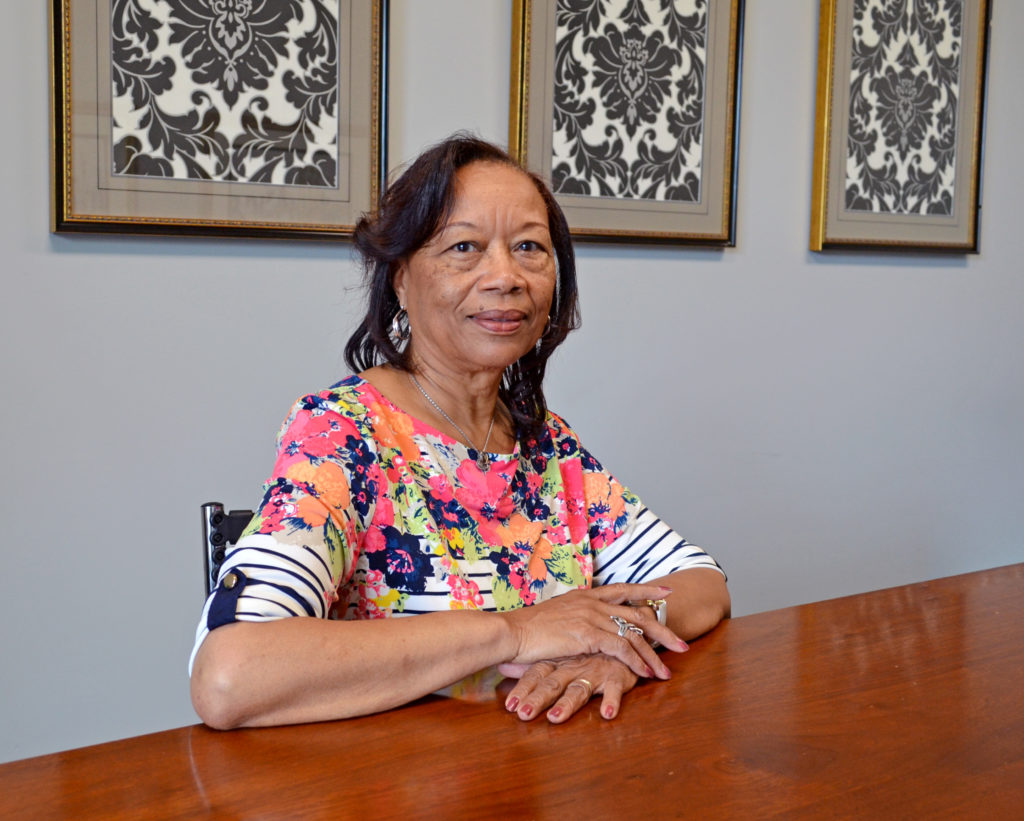
Dorothy Winningham’s dedication to patient advocacy makes her an important voice on the Health Quality Innovation Network’s (HQIN) Patient and Family Advisory Council (PFAC). Her compassion for patients derives from her life experiences as a caregiver, and the council has afforded her training opportunities to enhance her expertise.
In 2010, she transitioned from the business sector to health care after becoming certified as a Medicaid Personal Care Aide in Virginia. Her first client as a caregiver opened her eyes to the need for advocacy and impacted her approach to caring for others. Dorothy immediately noted the lack of interaction between the patient and her care team. “The patient’s care team did not listen to her or answer her questions as it related to her care,” she said. “At that instant, I vowed to be more than a person who just prepared her breakfast and made sure she took her pills.
During this same time, she became the medical advocate for her brother who had diabetes and end-stage renal disease; he was also diagnosed with breast cancer two months later. She cared for her brother for three years before his death, focusing on being there during chemotherapy and transporting him to dialysis until his physical needs required him to be moved into a nursing home. Then, she would meet him at the doctor’s office when it was time for a treatment. She discusses her brother’s positive attitude as he dealt with various medical conditions in her book, “God Got Me.”
Dorothy also cared for her mother until she died in the fall of 2016. She honored her mother’s wish, who was in her 80s and had diabetes, to not go through dialysis. Her doctor agreed, and Dorothy said her mother’s quality of life was great until she passed away. “It makes a big difference,” she said. But the choice to keep her off dialysis was not easy for Dorothy to uphold.
“That was her choice and sometimes I think about it and wonder if I should have insisted on dialysis. And then I say, ‘No.’” During a hospital visit for a blood transfusion, Dorothy’s mother thought she was there to begin dialysis and began to weep softly. “I walked over to the side of her bed, and I said, ‘No, that’s not what’s going to happen,’” Dorothy said. “So, I knew with assurance that she did not want to go through dialysis.”
After that hospital visit, Dorothy’s mother enjoyed her life at home for about four months before passing. She went to church and out to eat until about a week before her health began to decline. She died peacefully in hospice care three days after being admitted. “She experienced a healthier and full life by doing it her way. I am so grateful for that … I didn’t see her slowly decline,” Dorothy said.
These experiences are the core to Dorothy’s contributions to HQIN’s PFAC. Participating in the council has provided opportunities to further her training. Through Senior Connections and Healthy Habits for Adults, both in the Richmond, Virginia area, she teaches chronic and diabetes self-management classes and is a coach of Master of Balance, which helps seniors learn to prevent falls. She earned a scholarship through the Virginia Diabetes Council (VDC) to receive additional training to help people with diabetes better manage their disease.
Before becoming part of HQIN’s PFAC Dorothy taught patients how to communicate more effectively with their doctor and better maintain their medical records. The training received through her affiliation with HQI has enhanced her understanding of how clinicians should be more patient centered in their care.
“I have truly learned how to package my conversations with caregivers and patient and family members to be able to assist them with getting better results from their doctor visits,” she said. “I feel the council has given me the steering wheel to drive forward what was already in my heart, which is to be a voice for patients and family members.”
